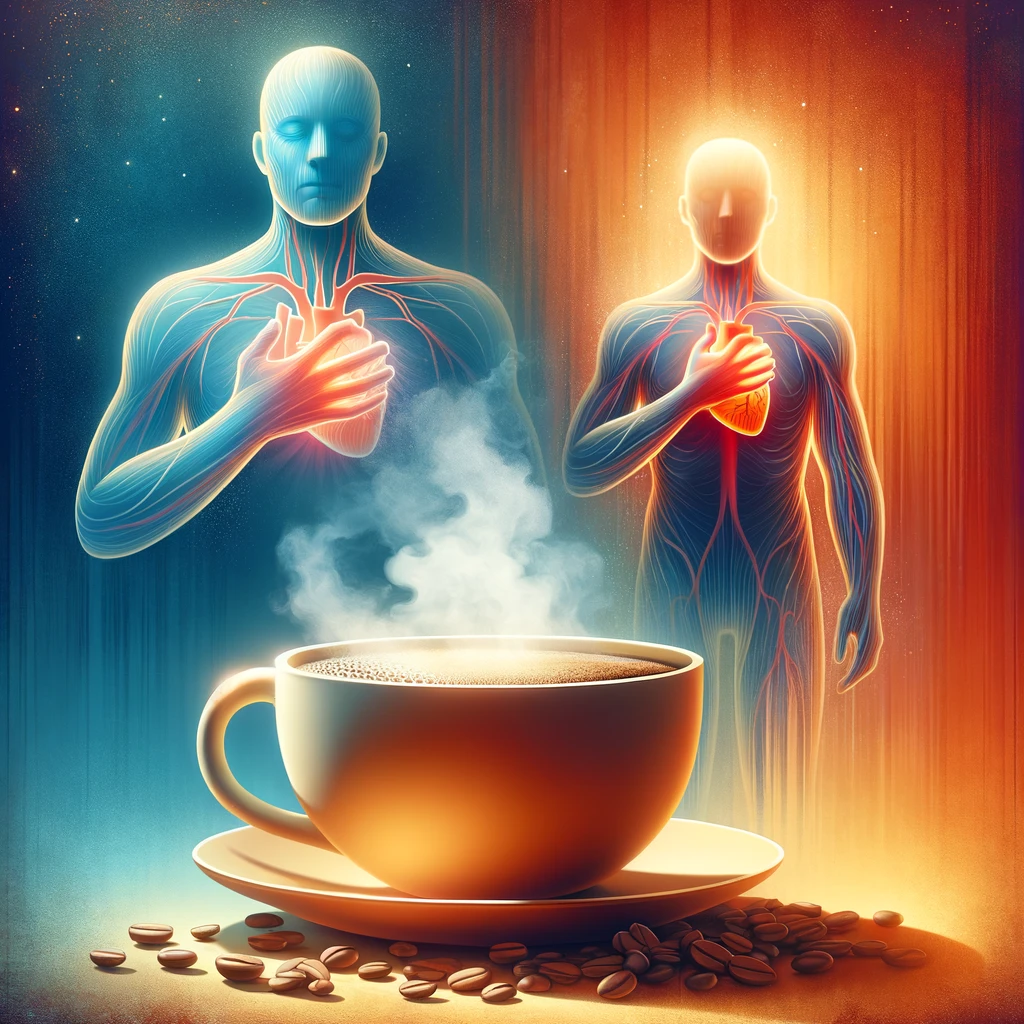
Introduction
Coffee is a beloved beverage enjoyed by millions around the world for its rich flavor and energizing properties. However, for some individuals, the experience of drinking coffee may be accompanied by an unexpected sensation – chest pain. In this article, we delve into the potential causes of chest pain associated with coffee consumption and explore strategies to alleviate discomfort.
Understanding Coffee and Chest Pain: What Causes Chest Pain After Drinking Coffee?
Chest pain after consuming coffee can stem from various factors, including its caffeine content and its impact on the body’s cardiovascular system. Caffeine is a stimulant that can lead to increased heart rate and blood pressure, potentially triggering chest pain in sensitive individuals. Additionally, coffee can stimulate the production of stomach acid, which may exacerbate symptoms of acid reflux or gastroesophageal reflux disease (GERD), both of which can manifest as chest discomfort.
Exploring the Link Between Coffee and Angina: Can Coffee Trigger an Angina Attack?
Angina is chest pain or discomfort caused by reduced blood flow to the heart muscle. While coffee itself may not directly cause an angina attack, its stimulant effects can exacerbate underlying cardiovascular conditions that predispose individuals to such episodes. For individuals with coronary artery disease or other heart-related issues, the combination of caffeine’s effects on heart rate and blood pressure may increase the risk of angina symptoms.
Managing Chest Tightness: Tips for Relieving Tightness in the Chest
If you experience chest tightness or discomfort after drinking coffee, there are several steps you can take to alleviate symptoms:
- Stay Hydrated: Ensure adequate hydration, as dehydration can exacerbate chest pain.
- Limit Coffee Intake: Reduce your consumption of caffeinated beverages, including coffee, and opt for decaffeinated alternatives.
- Practice Relaxation Techniques: Engage in relaxation exercises such as deep breathing, meditation, or yoga to reduce stress and tension in the chest muscles.
- Consider Medications: If chest pain persists, consult a healthcare professional who may recommend over-the-counter or prescription medications to manage symptoms.
Understanding the Symptoms of Excessive Caffeine Consumption: Signs of Consuming Too Much Caffeine
Consuming excessive amounts of caffeine can lead to a range of symptoms, including:
- Increased Heart Rate: Rapid heartbeat or palpitations may occur.
- Anxiety or Jitters: Feelings of restlessness or nervousness can accompany high caffeine intake.
- Insomnia: Difficulty falling asleep or staying asleep may result from consuming too much caffeine, especially later in the day.
- Digestive Issues: Nausea, stomach upset, or acid reflux may occur due to caffeine’s impact on the digestive system.
FAQs
1. Why does my chest hurt after drinking coffee?
Chest pain after drinking coffee may be due to caffeine’s stimulant effects, which can increase heart rate and blood pressure, as well as exacerbate conditions such as acid reflux or GERD.
2. Can coffee cause an angina attack?
While coffee itself may not directly cause an angina attack, its stimulant properties can exacerbate underlying cardiovascular conditions that predispose individuals to such episodes.
3. How do you relieve tight chest?
To alleviate tightness in the chest, consider staying hydrated, reducing coffee intake, practising relaxation techniques, and consulting a healthcare professional if symptoms persist.
4. What are the symptoms of too much caffeine?
Symptoms of excessive caffeine consumption include increased heart rate, anxiety, insomnia, and digestive issues such as nausea or acid reflux.
Conclusion
While coffee is enjoyed by many for its taste and stimulating effects, it’s essential to be mindful of how it may affect individual health, particularly regarding chest discomfort. By understanding the potential causes of chest pain associated with coffee consumption and implementing strategies to manage symptoms, individuals can continue to enjoy their favorite beverage with greater peace of mind. If chest pain persists or worsens, it’s crucial to seek medical attention promptly to rule out any underlying health concerns.